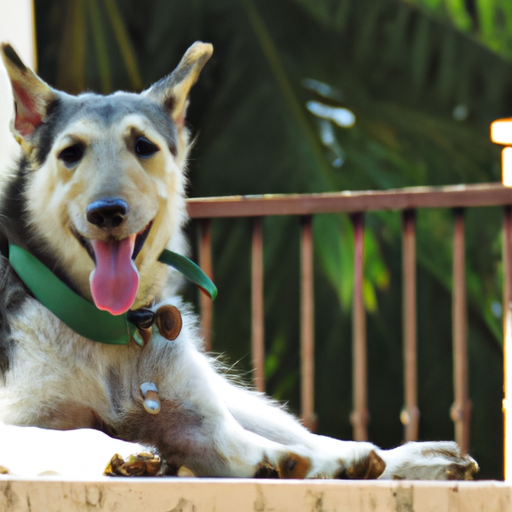As a dog lover and owner, one of the most common concerns when choosing a dog breed is trainability. Trainability refers to the ease and speed with which a dog can learn new commands and behaviors. Some breeds are naturally more inclined to learn and obey than others. In this comprehensive guide, we dive deep into the subject of dog trainability, identifying the breeds known for their quick learning and obedience.
Table of Contents
- Breeds Known for Trainability
- Factors Affecting Dog Trainability
- Importance of Training
- Best Training Methods
- Frequently Asked Questions
Key Takeaways
- Certain dog breeds are naturally more trainable than others.
- Factors like breed, age, health, and temperament can affect a dog’s trainability.
- Training a dog is essential for their safety, health, and your peace of mind.
- There are various effective training methods, including positive reinforcement and clicker training.
Breeds Known for Trainability
Labrador Retrievers are known for their intelligence and eagerness to please, making them quite trainable. They are often employed as service dogs due to these traits.
Golden Retrievers are similar to Labs in many ways, including their trainability. They are obedient, intelligent, and friendly, making them an excellent choice for families.
Border Collies are extremely intelligent and eager to learn. They were bred for herding, a job that requires quick thinking and adaptability.
German Shepherds are another highly trainable breed. They’re often used in police and military work, which speaks volumes about their intelligence and trainability.
Here’s a handy table summarizing these breeds’ characteristics:
| Breed | Intelligence | Eagerness to Please | Adaptability |
|---|---|---|---|
| Labrador Retriever | High | High | Moderate |
| Golden Retriever | High | High | High |
| Border Collie | Very High | High | High |
| German Shepherd | Very High | Moderate | High |
For more information, check out this comprehensive guide on dog breeds and their characteristics.
Factors Affecting Dog Trainability
Several factors can influence a dog’s trainability:
-
Breed: Some breeds are naturally more inclined to learning than others.
-
Age: Puppies are generally easier to train as they are more open to learning. However, older dogs can also be trained with patience and consistency.
-
Health: A dog’s health can significantly influence their ability to learn. A healthy dog is more likely to be active and responsive to training.
-
Temperament: Dogs with a calm and eager-to-please demeanor are often easier to train.
For more in-depth information about these factors, check out this insightful article on dog trainability.
Importance of Training
Proper training is crucial for any dog, regardless of breed. It ensures your dog’s safety, promotes good health, and eases cohabitation. Training also strengthens the bond between you and your dog, leading to a happier, healthier relationship. For more insights, you can visit OneTopDog’s article on dog training basics.
Best Training Methods
Training methods can vary from dog to dog, but some strategies have proven effective across the board. Positive reinforcement, where the dog is rewarded for good behavior, is one such method. Clicker training, a subset of positive reinforcement that uses a sound to signal a reward, is also highly effective.
For more details on these methods and more, check out these articles on positive reinforcement and clicker training.
Frequently Asked Questions
1. Are certain dog breeds naturally more trainable than others?
Yes, certain breeds like Labrador Retrievers, Golden Retrievers, Border Collies, and German Shepherds are known for their high trainability.
2. Can older dogs be trained?
Absolutely, while puppies may learn new behaviors more quickly, older dogs can also be effectively trained with consistency and patience.
3. What is the most effective dog training method?
Positive reinforcement is often considered the most effective method as it encourages good behavior by rewarding the dog.
Remember, no matter the breed, every dog has its unique personality. It’s essential to approach training with patience, consistency, and lots of love. Happy training!



